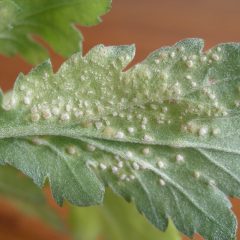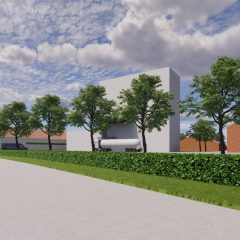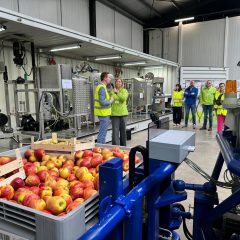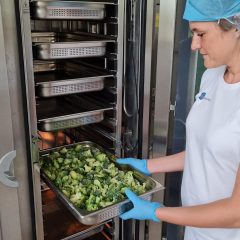Research project High-value products from flaxseed through innovative biocatalytic technologies

General introduction
The worldwide growing demand for flax fibers has resulted in a marked increase in flax acreage in Flanders and Europe. For every ton of long flax fibers, 0.7 tons of linseed is produced in Belgium, which is considered a by-product, of which 30-40% is oil used mainly for lower-end technical applications. The residual fraction after extraction of the linseed oil is used as animal feed. In this project, we will optimally utilize the various biomolecules, namely oil (consisting of polyunsaturated fatty acids), carbohydrates and proteins present in flaxseed. Through biocatalysis, we aim to convert the various streams from flaxseed into highly specific, renewable molecules.
Research approach
To meet the growing demand for flax fiber, the potential of winter flax alongside summer flax, fiber flax and oil flax is being explored. The genetic diversity in linseed composition in 50 varieties of flax will be evaluated through field trials. On this basis, interesting varieties will be selected to look at oil content and protein yield. Thus, after oil extraction and fractionation, linseed oil and press cake remain. From the defatted press cake, proteins and carbohydrates can be extracted that can have applications in food, among other things. Using other extraction and biocatalytic transformations, we are creating additional innovative value chains that will provide new opportunities for farmers, industry and society in Belgium.
Relevance/Valorization
With Flaxit, we aim at a zero-waste process for the valorization of flax seed. The seed, which is normally seen as a by-product, can still be used in various other processes after biocatalytic transformations. This project brings together a multidisciplinary team to use enzymatic and microbial transformations to produce (i) methyl, ethyl and polyglycerol esters from flax seed oil for use in personal care and cosmetic applications, (ii) long-chain dicarboxylic acids from flax seed oil and carbohydrates for e.g. novel polymers and cosmetic applications, and (iii) proteins/peptides & water-soluble dietary fibers from the defatted flax seed cake for techno-functional applications in food. Creating higher added value from the flaxseed will ultimately benefit the primary sector as well.
Financing
FWO - Fonds Wetenschappelijk Onderzoek







